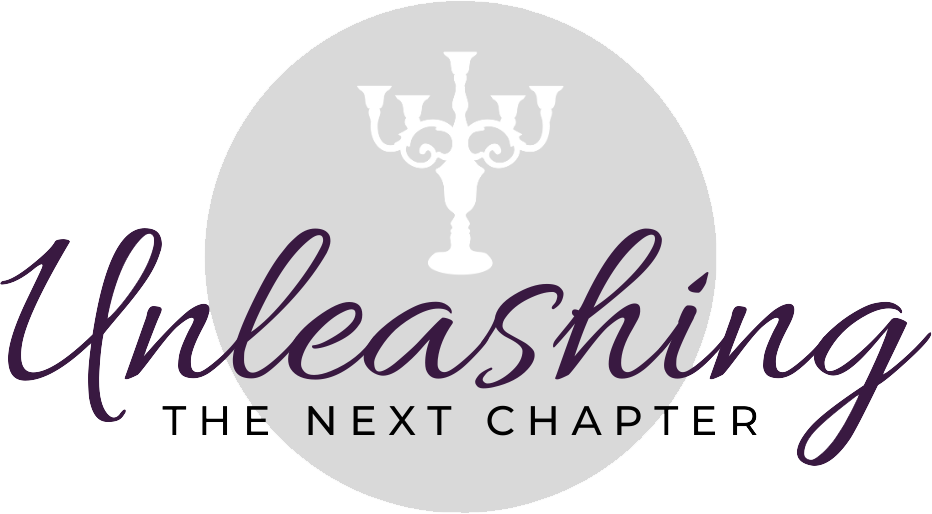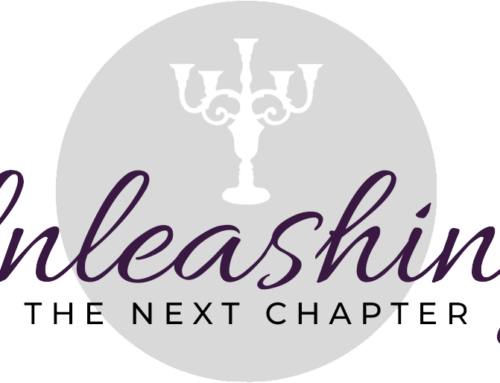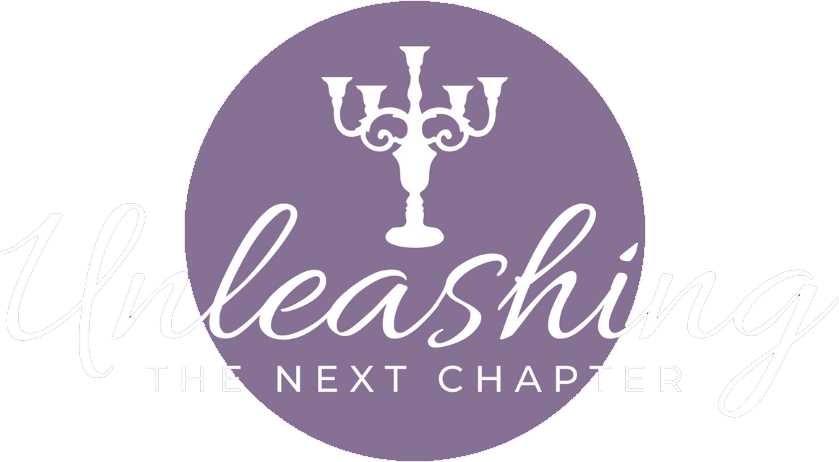When people learn about my crazy medical history, which includes major pain issues and chronic flare-ups, the next question is usually: How do you manage the pain and the stress it causes?
Stress management is a global concern in our fast-paced twenty-first century lives. Due to my health, I had to learn techniques to manage the stress that comes from living with chronic pain and the challenges my illnesses cause in daily life. I have been very fortunate to work with some wonderful doctors, occupational and physical therapists, and psychologists who have taught me a variety of tips, tricks, and techniques to manage the pain and stress.
The variety and volume of these stress management tools is important because none of them work in every situation or every time. By trial and error, and combining different techniques, I am learning to manage my situation and gain some semblance of normalcy in my daily life. Hopefully some of these suggestions will also help you…
- Exercise: This is the hardest when I am hurting, but usually there is something I can do on my good days to help my overall fitness. It may be as simple as stretching, doing my physical therapy exercises, or if I’m having a really good day going for a walk or swim. When the pain is just starting to flare, sometimes exercise will stop or minimize the cycle.
- Eat right: This might seem obvious, but people with chronic health problems tend to eat poorly and irregularly. When I’m hurting, I may not be able to fix myself a meal, I may be too nauseous to eat, or I may not even realize I’m hungry. It helps to have premade meals and protein bars available for those times. On my better days, I attempt to eat four small meals each day and avoid foods that trigger flare-ups. I have found that this practice helps my energy levels. Figure out what foods make you feel better, and which ones make you feel worse (and, no, I’m not referring to comfort foods).
- Change your focus: I’m not advocating a Scarlett O’Hara/I’ll-think-about-it-tomorrow attitude; however, focusing on the pain and problems often makes the situation worse. When you have done all you know to do to help yourself, sometimes the best thing is to mentally remove yourself from the stress and pain. That may include helping others, listening to your favorite music, escaping in a good book or imaginary world, calling friends and enjoying their lives vicariously, or creating a gratitude journal. In the worst of situations, there is always a silver lining—sometimes you have to look really hard or be really creative to find it, but it is there.
- Relaxation exercises/prayer/guided imagery: Depending on your religious or philosophical bent, each of these has been proven to dramatically reduce pain, stress, and blood pressure. Relaxation exercises often include breathing techniques and muscle contracting and relaxing. Praying is my first line of defense, but I’ve learned that just praying about the problem can be another way of dwelling on the negative. Pray for healing and strength, but also pray for wisdom to use your situation for good, for your doctors, for others who are hurting, and praise God for the blessings, faith, and hope he provides to help you through the hard days. Guided imagery has gotten a bad reputation in some circles, but basically it is a tool to imagine yourself in a better, more relaxed, healthier state. Top athletes use this tool to visualize their performance and technique while training and studies show that it does improve their competitive results.
- Art: There is something calming, relaxing, and Zen-like in practicing or enjoying any type of art. Through stroke-rehab, I was encouraged to start drawing, and was amazed at how I felt while doing it. Musicians, dancers, actors, painters, sculptors, writers, etc., all find relief in their creative endeavors. I now love to draw and paint, although I will probably never show anyone my art journal. The art museum has become one of my most relaxing escapes. You may have to adjust your expectations of the end result if you are not feeling your best, but being creative is a great form of stress and pain management.
- Medication: Too often people reach for a pill bottle before trying some other preventative or managing strategies. I have learned to wait a bit to see if I really need pain medication. Often, if I try one of the above techniques as soon as I start feeling pain or stress, I don’t need the pills or I don’t need as high a dose. But, when medicine is required, make sure to follow directions carefully and communicate clearly with your doctor about how well it does or doesn’t work. It took years of trial and error to find a prescription regimen that works for me, but by telling my doctors specifically how I felt on each medication, it helped them narrow down the choices.
This is definitely not an all-inclusive list, but contains the techniques that help me the most. I hope you can find a suggestion here that will help you de-stress, feel better, and live happier. If you have an additional technique that helps you manage your busy life or chronic illness, please let me know in the comment section below.



Unless you’ve been hit with a frightening and debilitating disease, it’s difficult to know how you would deal with it. We like to think we’re strong enough. But there are dark times where it sneaks up on you.
For me it was first thing in the morning, right at wakening. Dawn has always been my favorite time of the day. I love to take the dogs outside and feel the dawn breeze, which never lasts but a minute or two. I must have been told a story as a child, because I’ve always believed it was the breeze that chased the night away and made room for the day. And that’s how long I allowed myself to grieve when I was sick, to feel sorry for myself. I called them my “mourning tears.” And that’s not misspelled. It was that first moment each day where I was hit once again with the thought, “I have cancer.” Thankfully I had enough training to know if I wanted to keep the Big C a “little c,” I needed to wrestle back control of my thoughts.
So, Kathryn, thanks so much for your honesty and courage and sharing. Your suggestions are helpful, and you make a valid point about changing your focus. William James, American psychologist and philosopher suffered from both physical ailments and bouts of depression. He wrote, “The greatest weapon against stress is our ability to choose one thought over another.” Sometimes, when we’re in a battle for our lives, it’s the only weapon we have.
Great quote. It takes a lot of self-discipline some days for me to choose the more productive and healing thoughts. Today is one of those days when I would rather take a pain pill and hide away in my dark, quiet bedroom, but I CHOOSE to join my family, interact with those I care about, and attempt to do something productive.